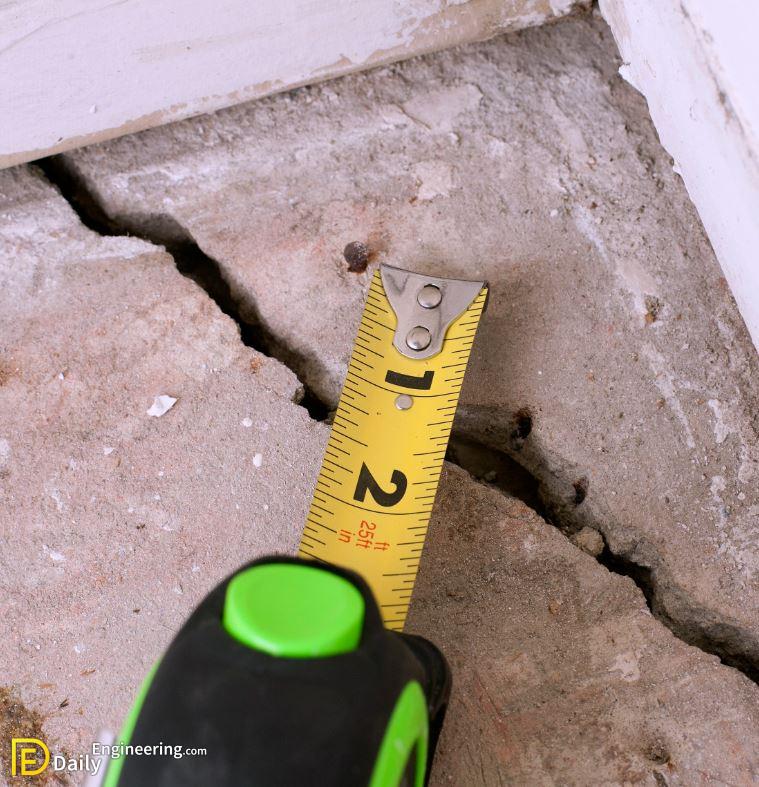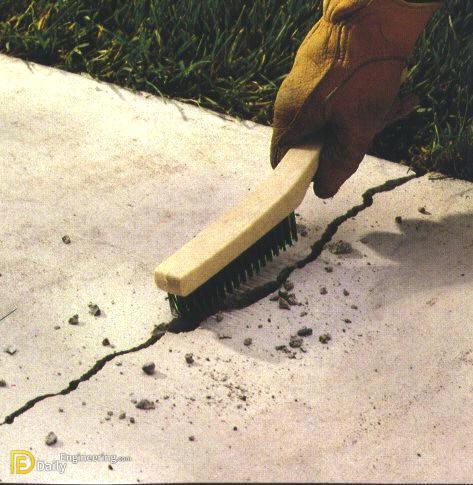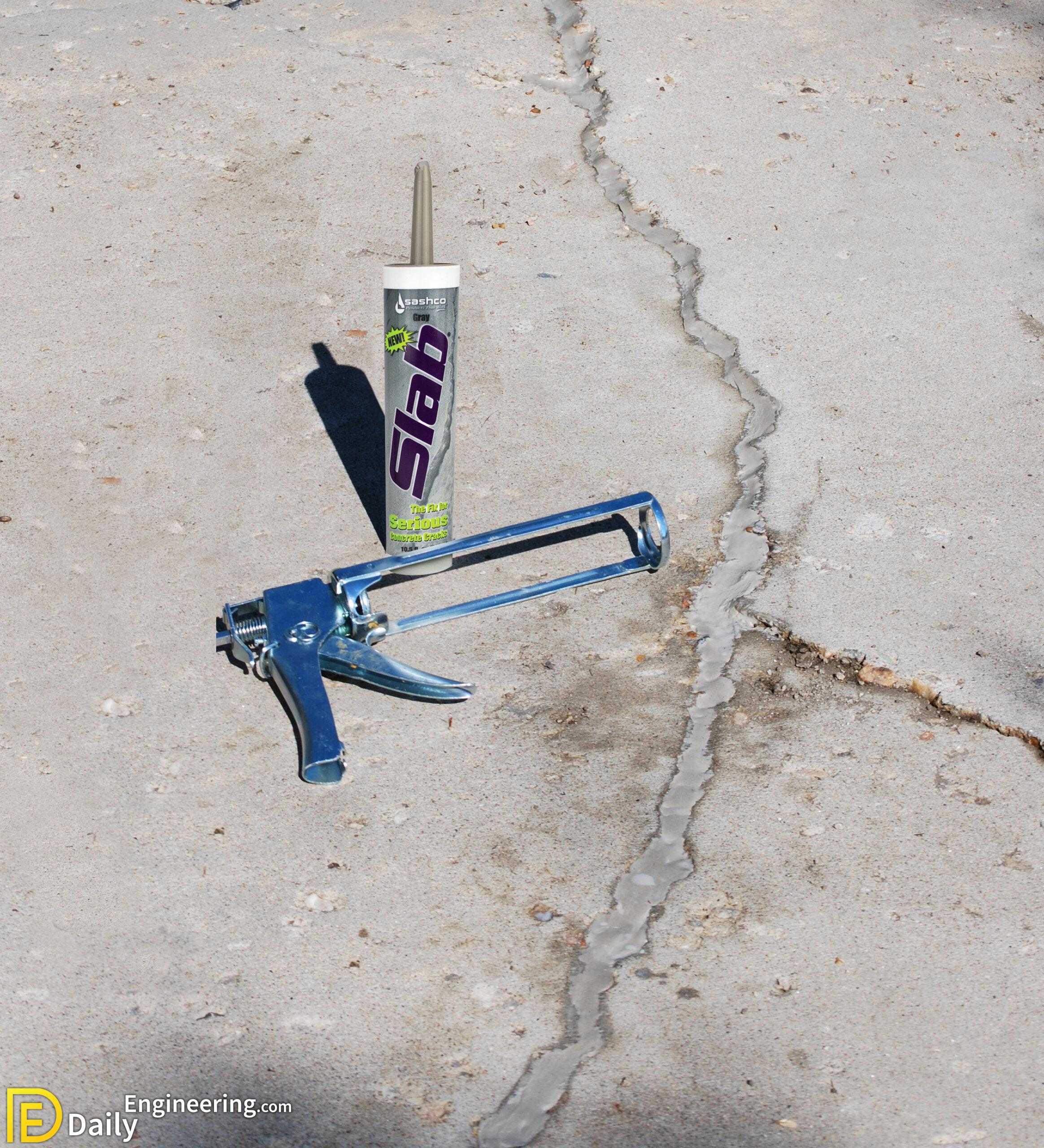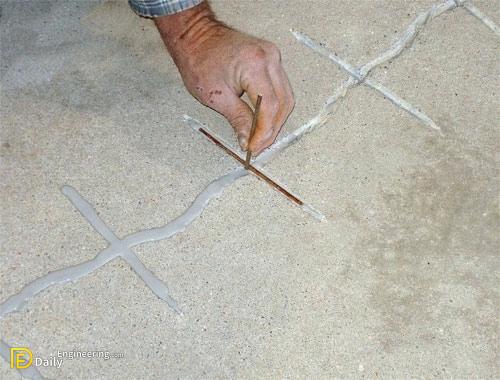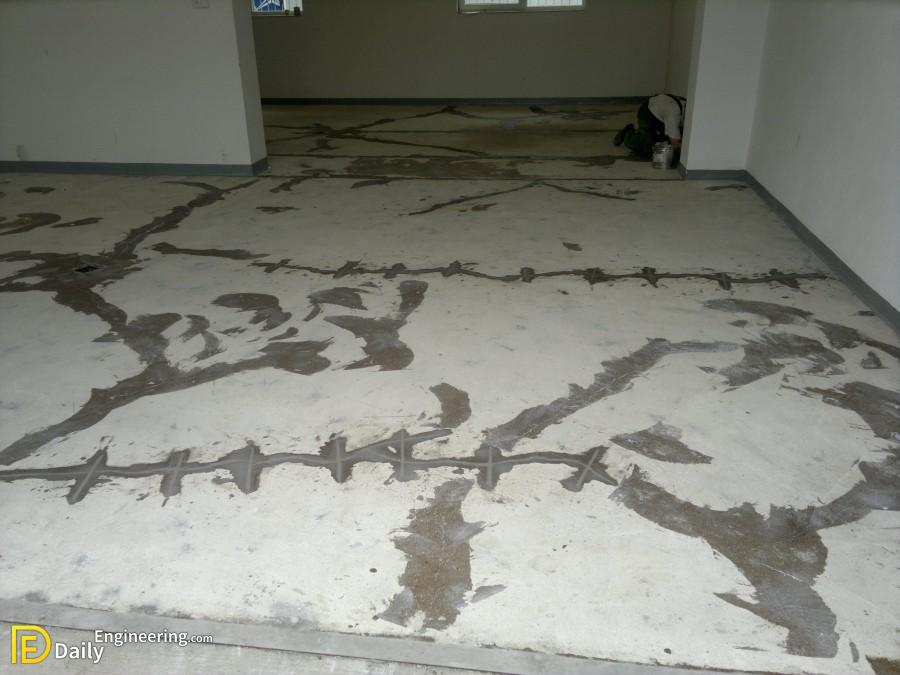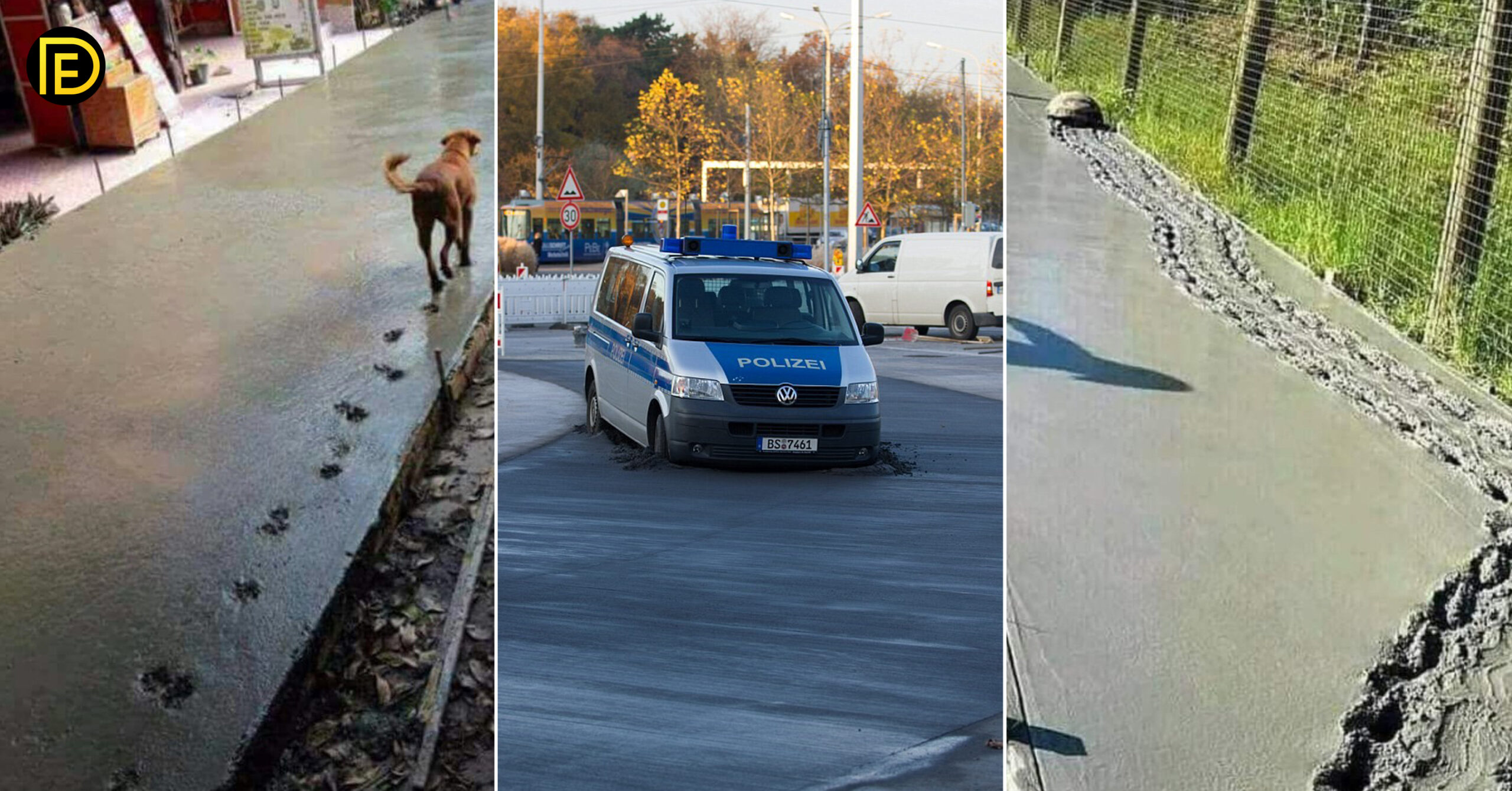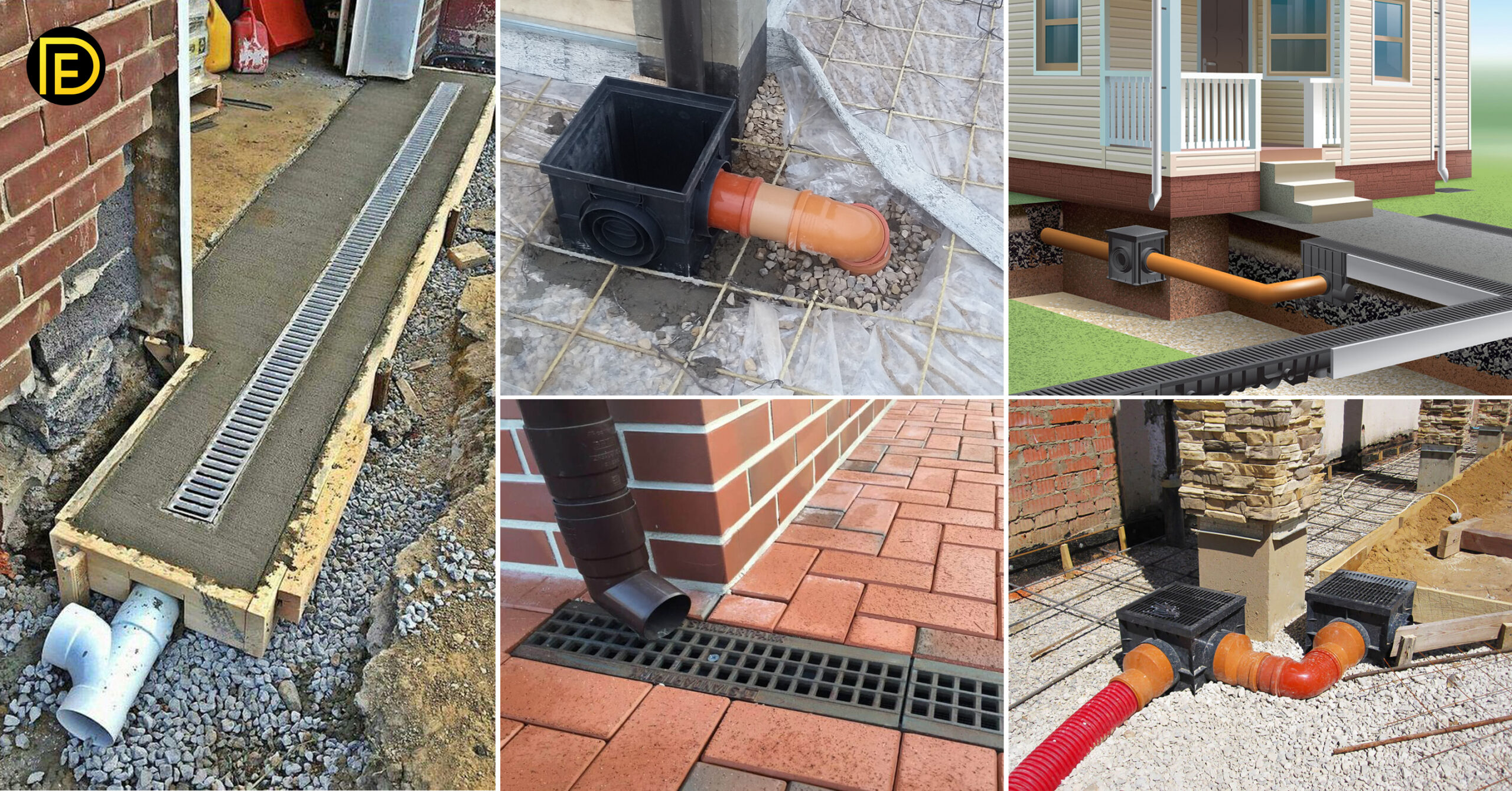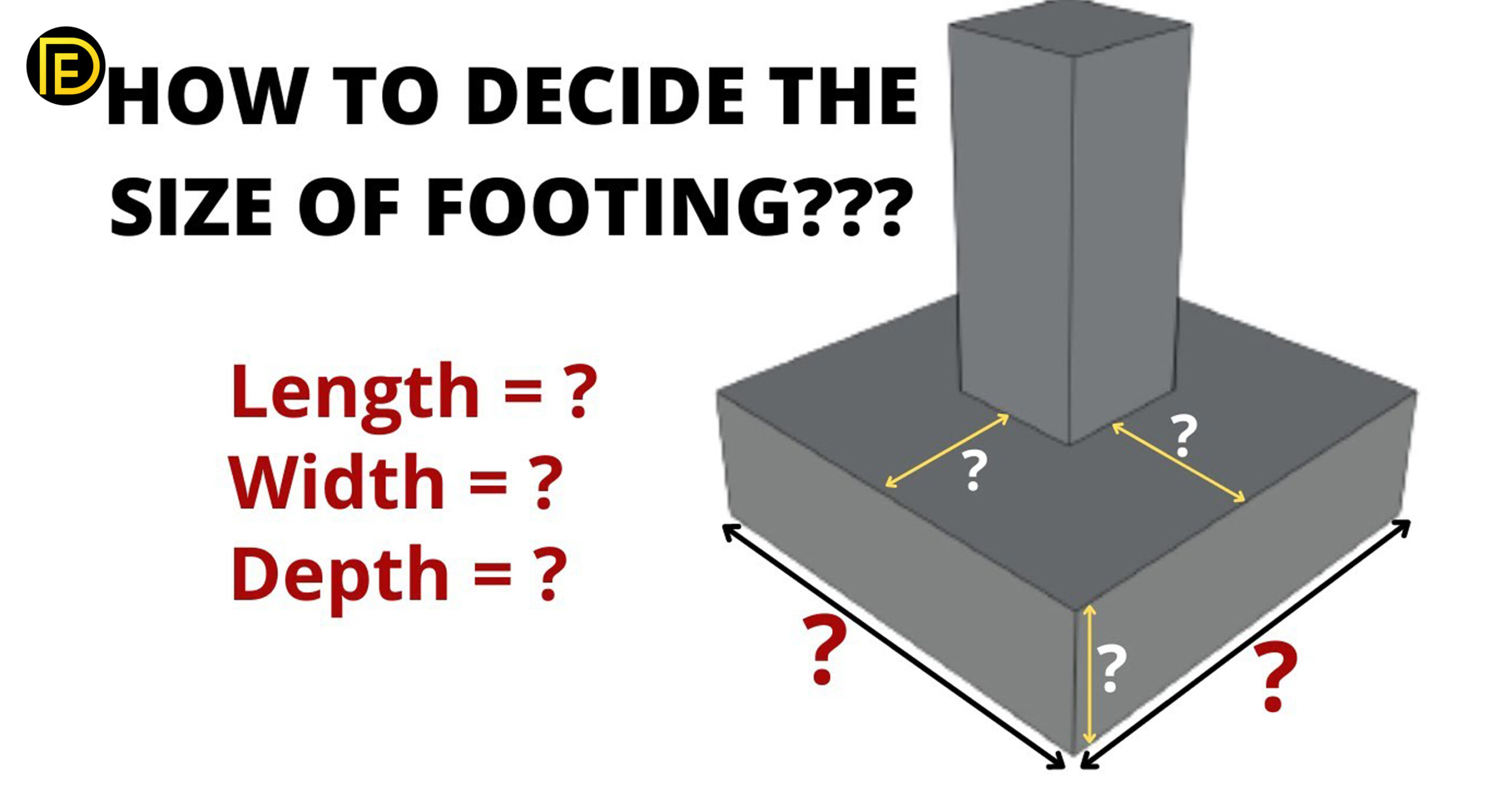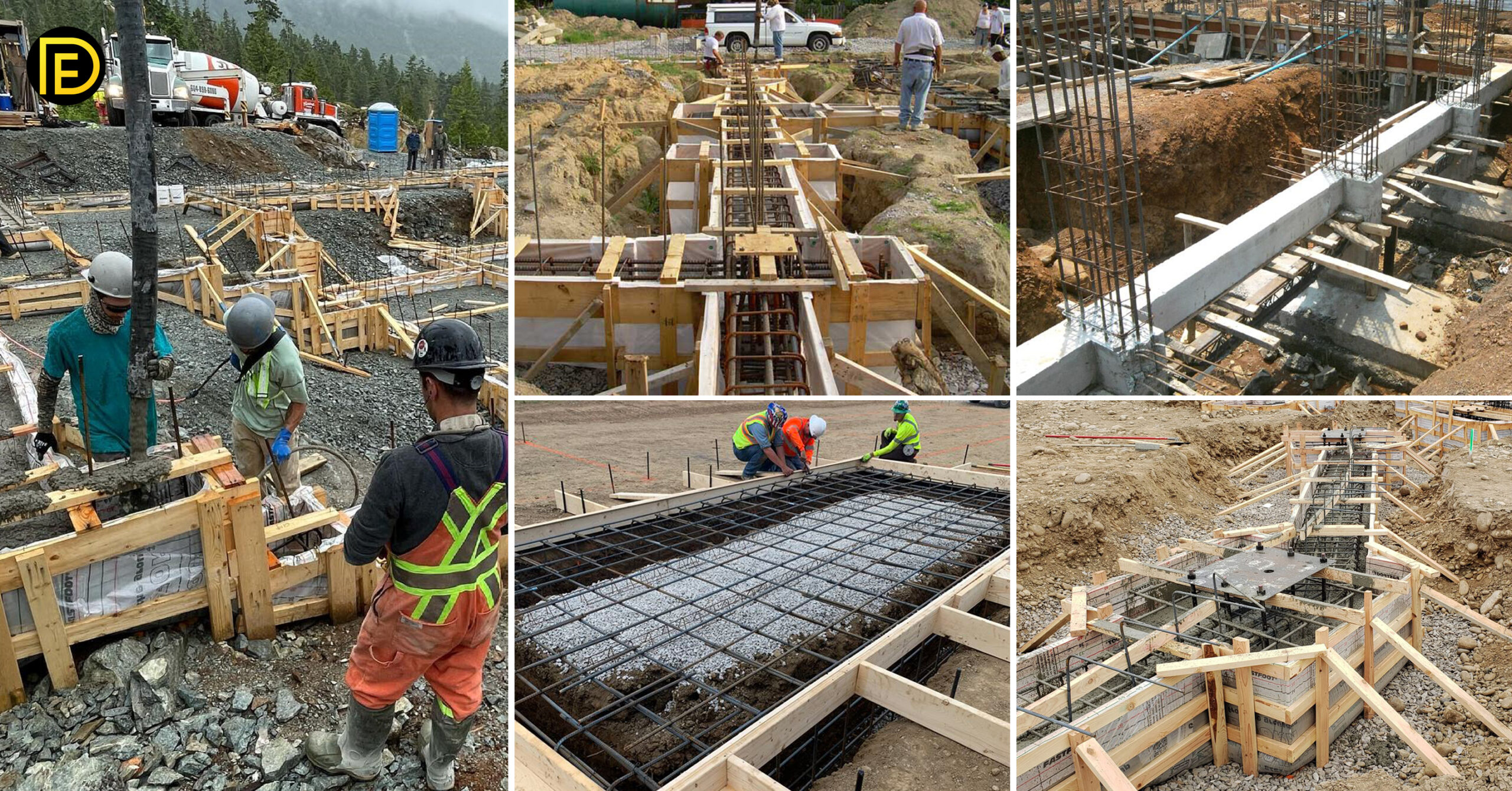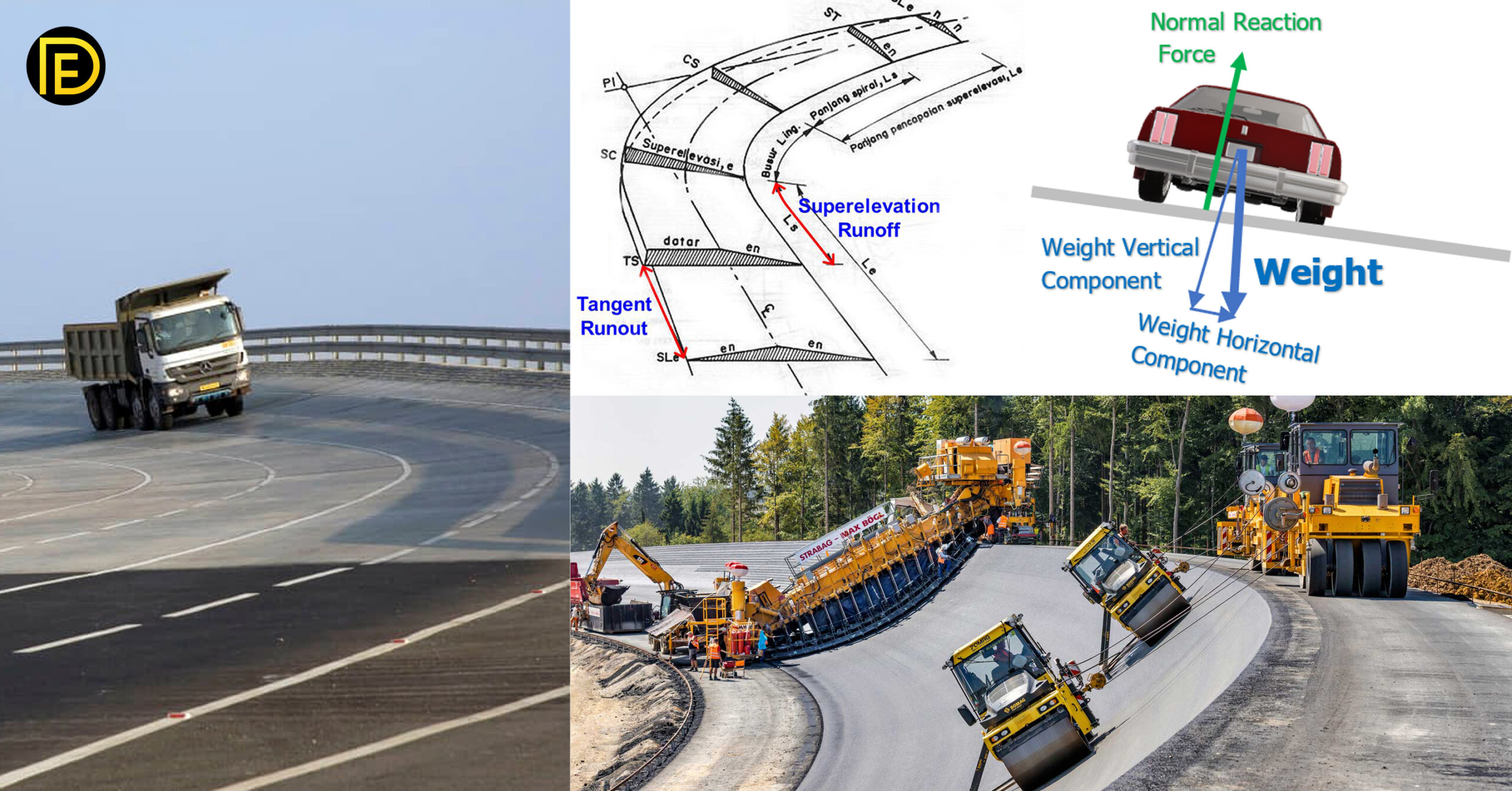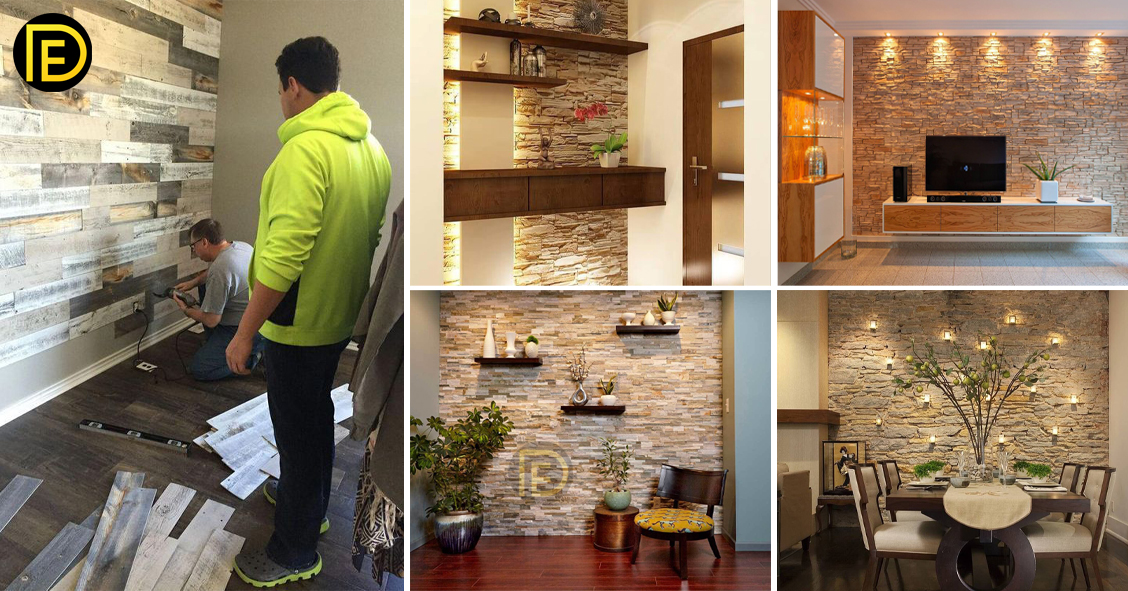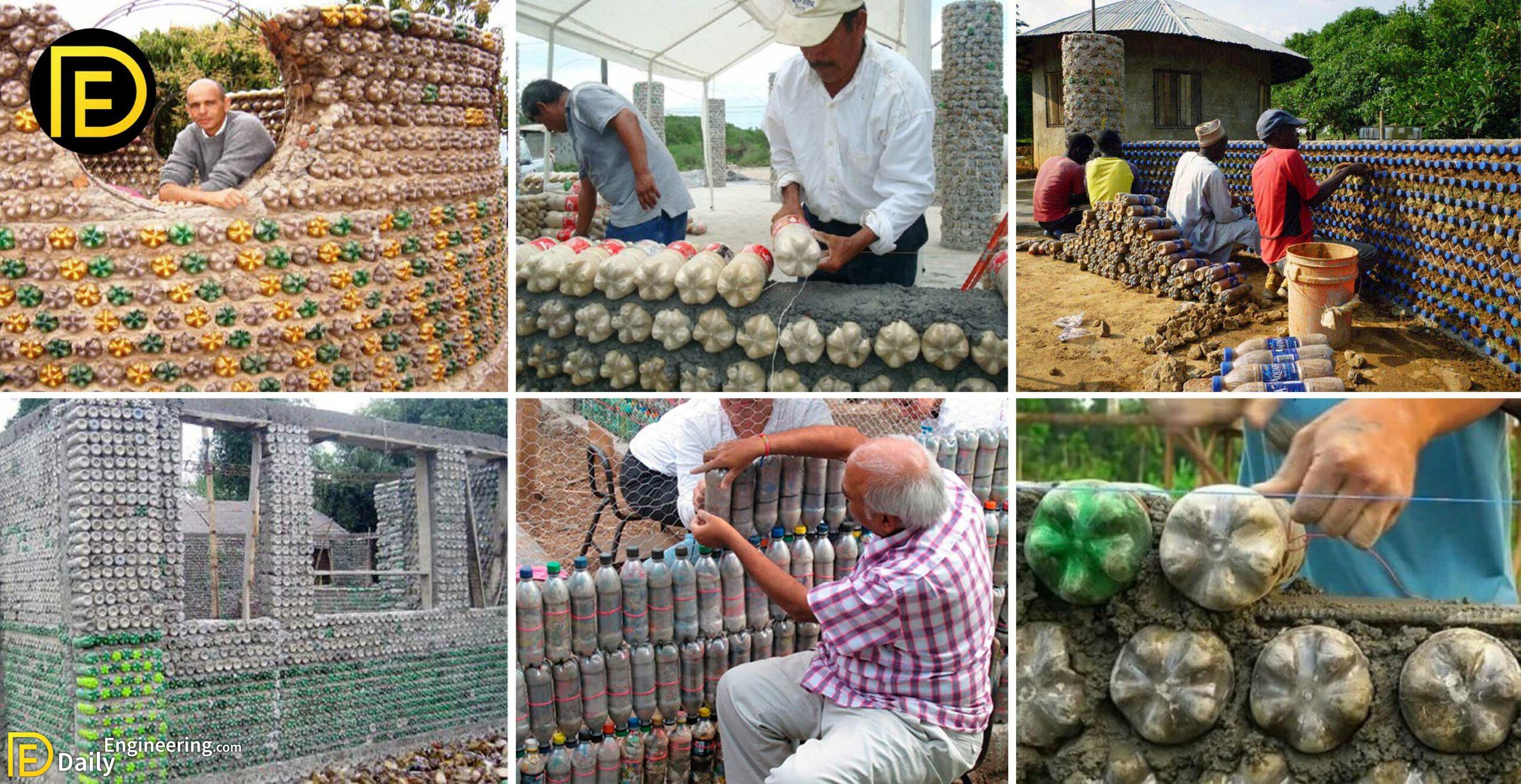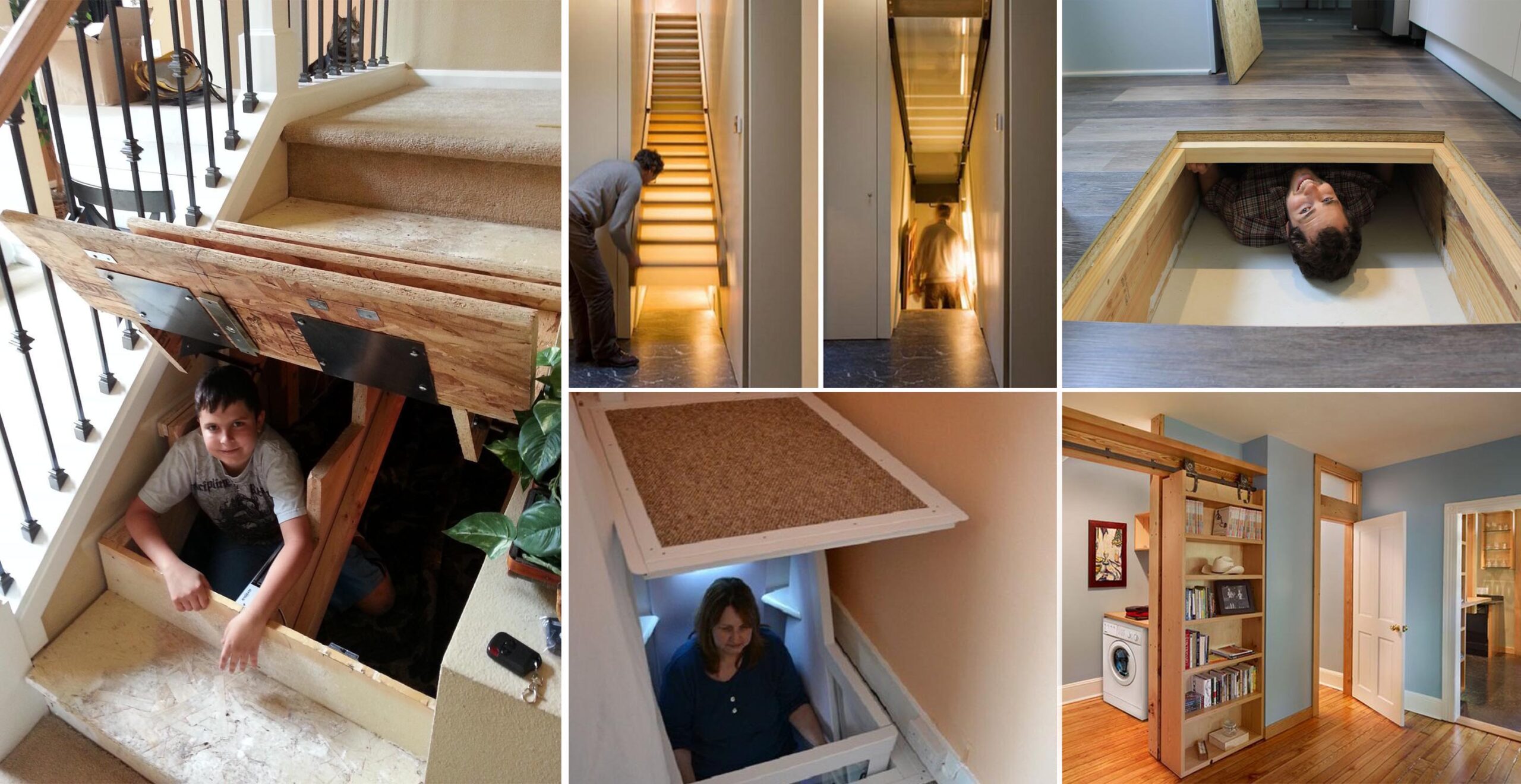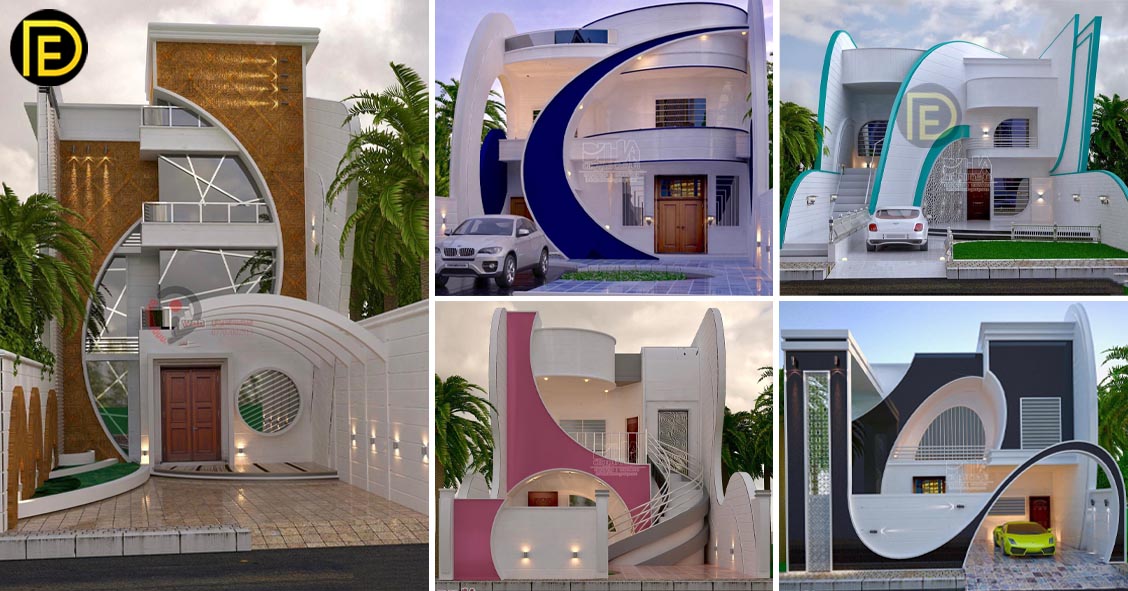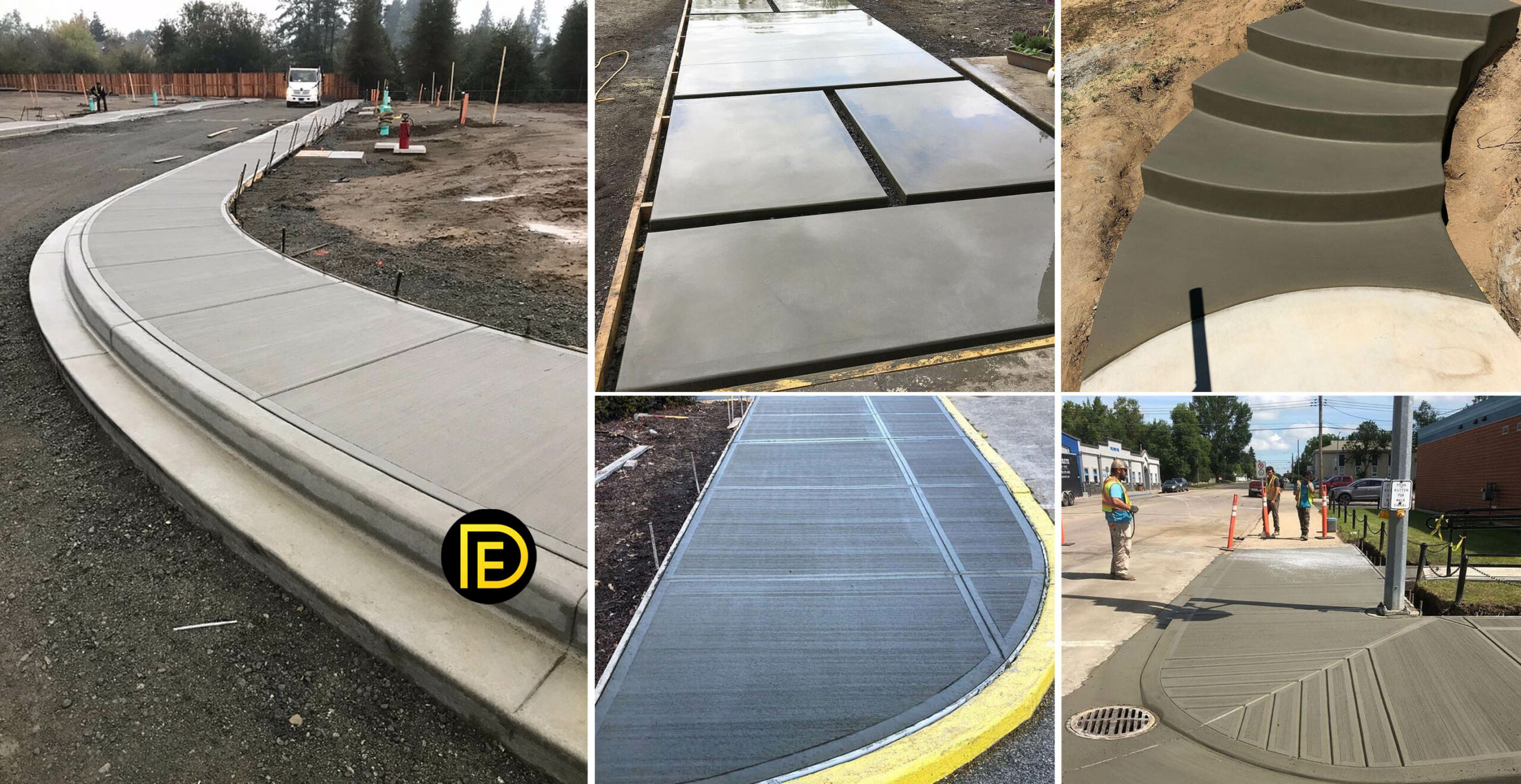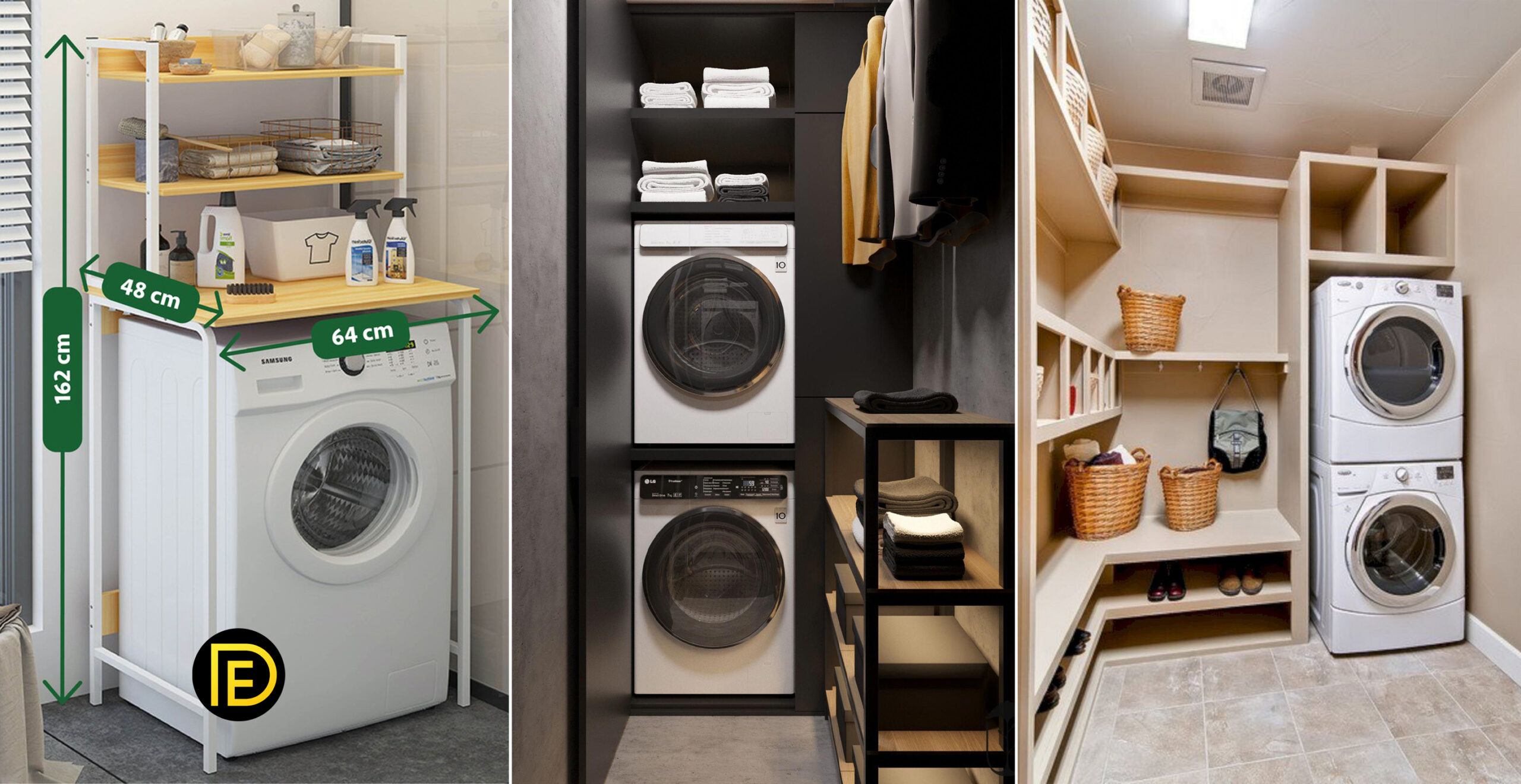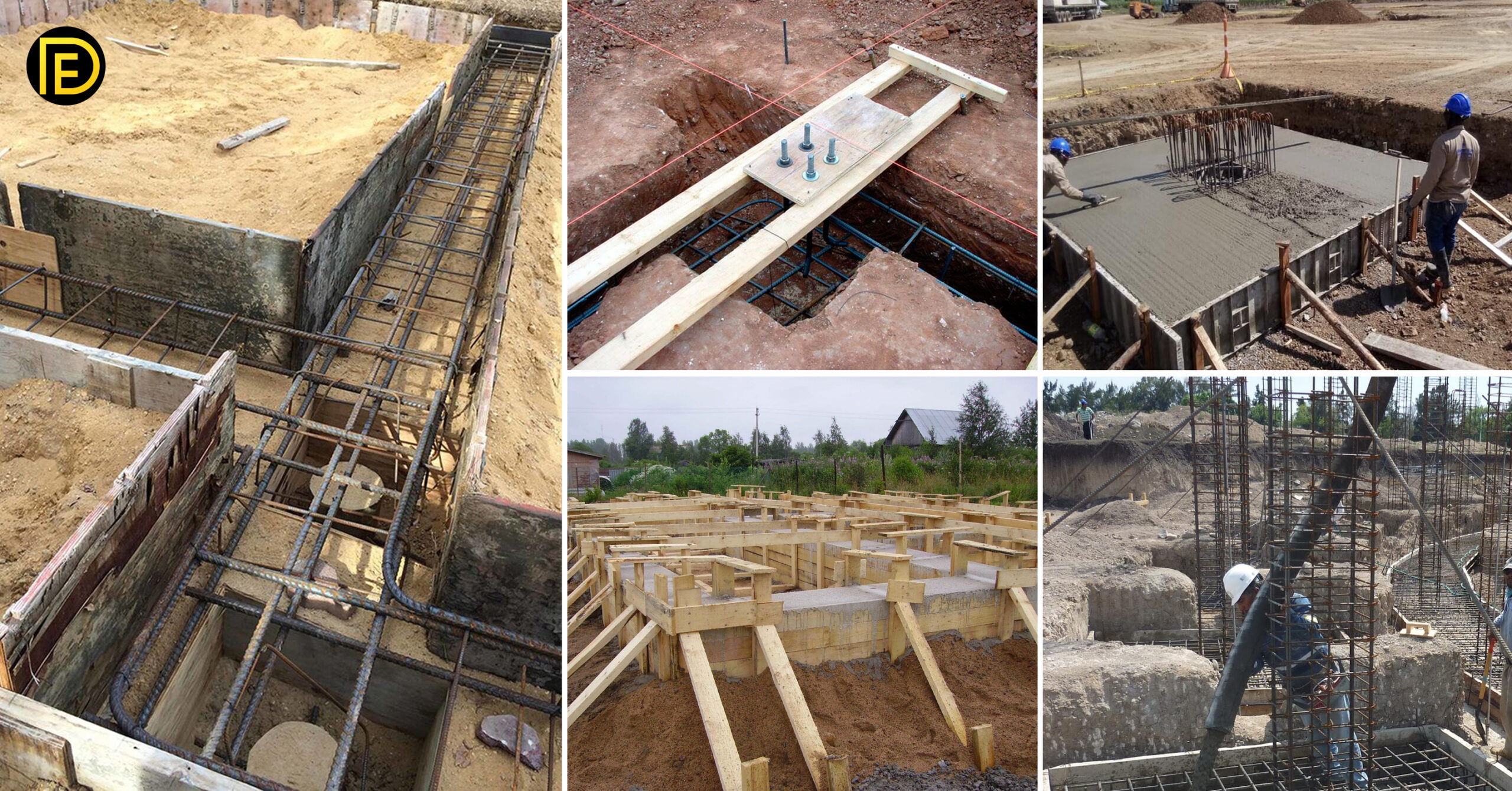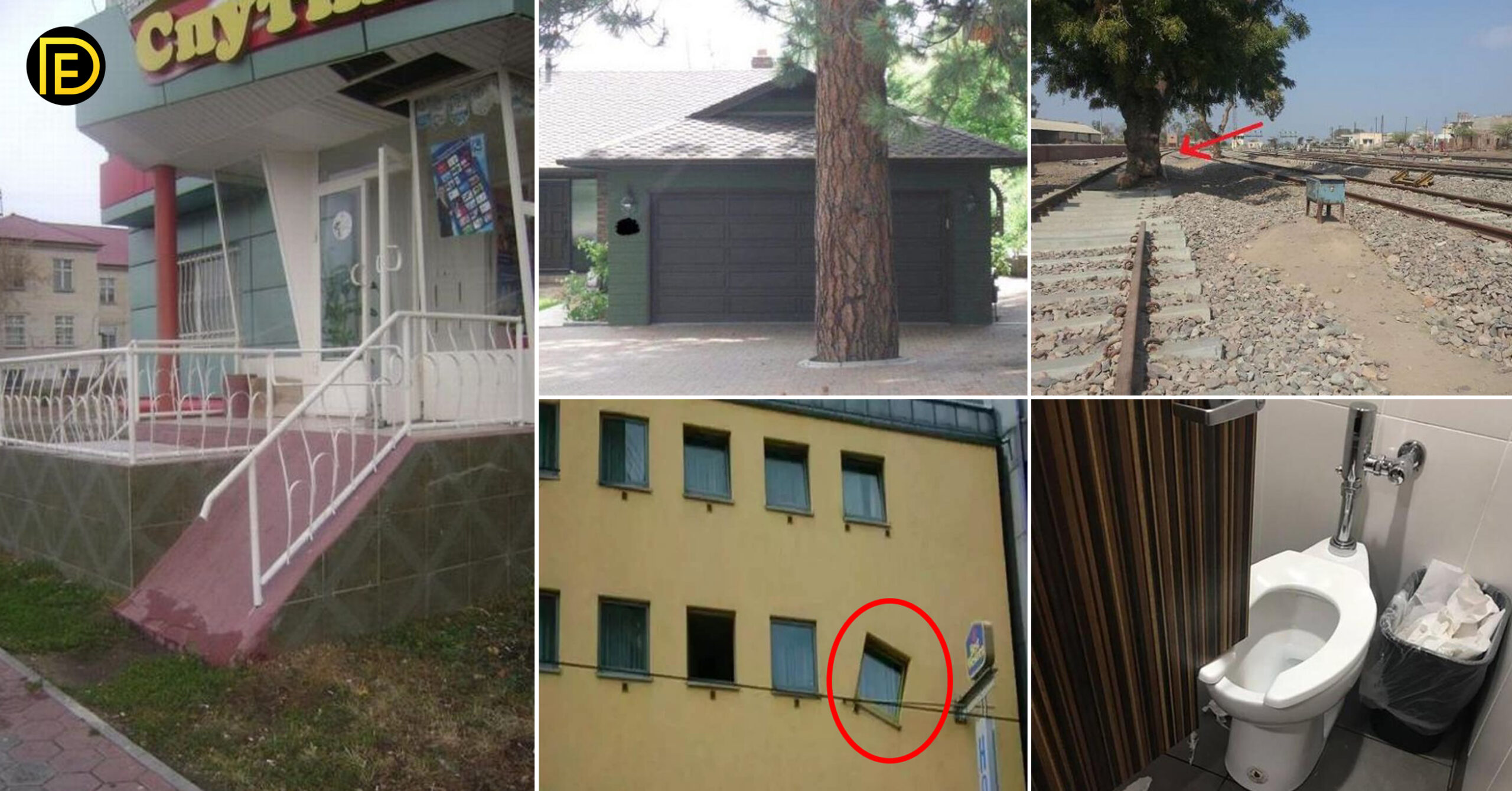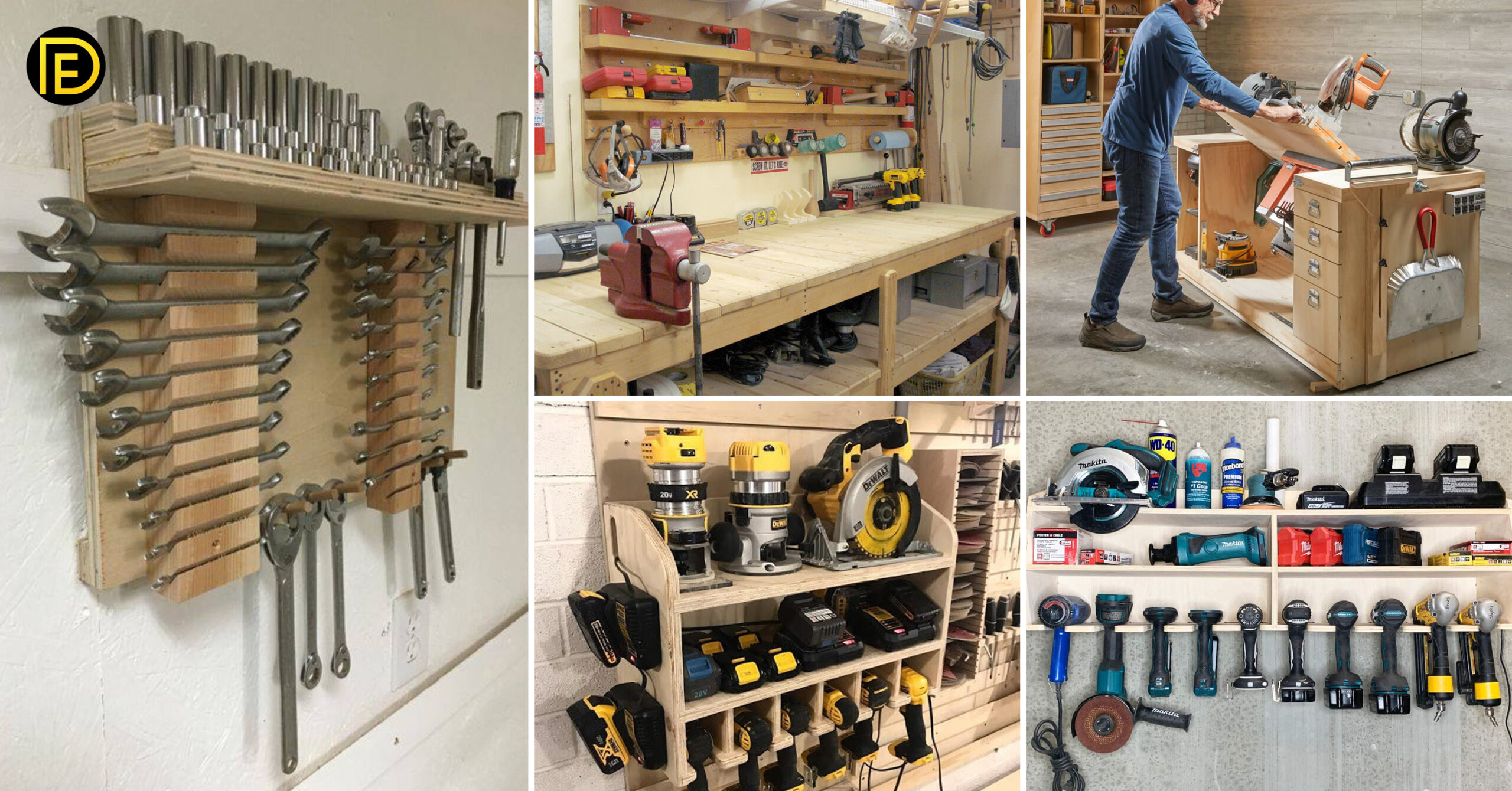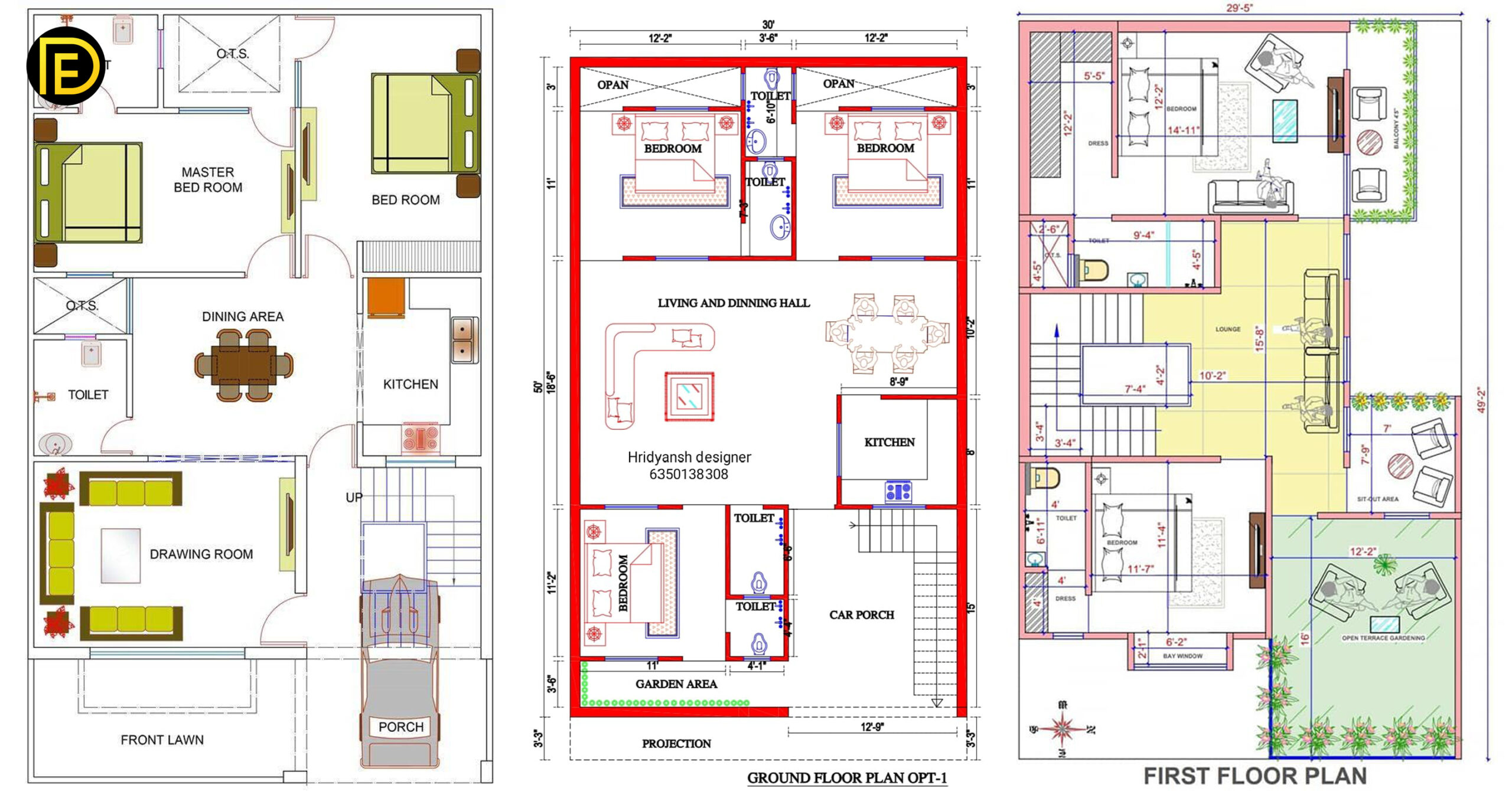Concrete cracks are repaired using different techniques and methods, such as epoxy injection depending on how wide, long, and/or deep the crack is. Most of the concrete cracks are related to shrinkage, heat, wrong joint placements, over-stress, and loading conditions, and movements caused by external factors. Some of these repairs are completed by using epoxy injections applied directly to the crack. The procedure is different and varies depending on the crack location and whether the concrete cracks are horizontal or vertical.
Crack Repair Tips
During the process, you might notice some issues that will need your attention to complete a neat concrete injection repair process. These are some of the most common issues:
1- Start with a low-pressure injection setting and increase the pressure as needed.
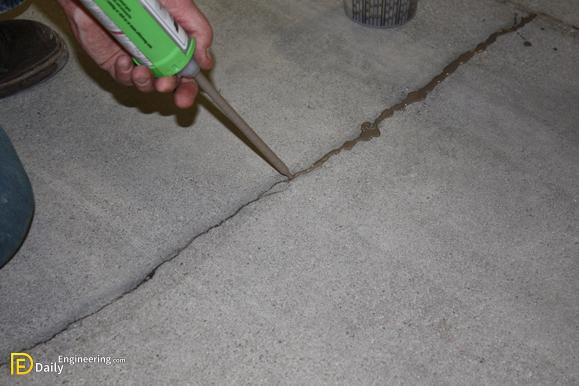
2- Larger cracks require more epoxy injection pressure.
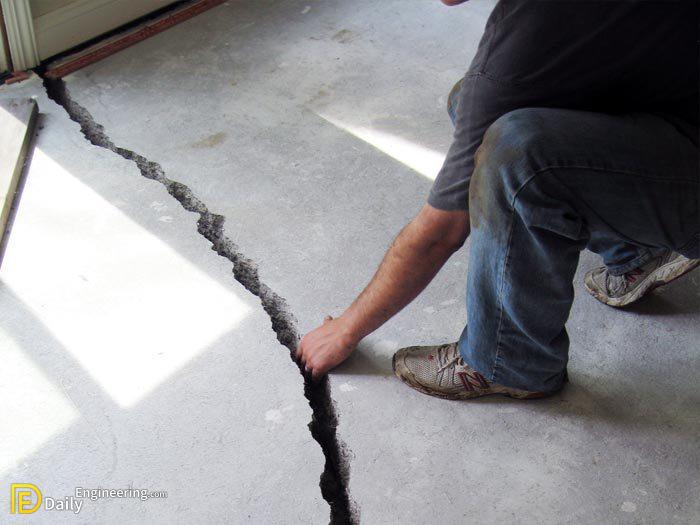
3- When filling wide cracks, wait some time, not a lot, ensuring that the epoxy is filling the concrete crack.
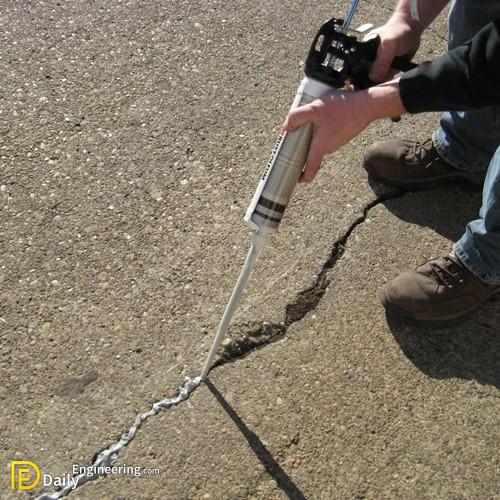
4- Remove the top seal using a chisel or scraper. You can also use a heat gun to remove the epoxy paste.
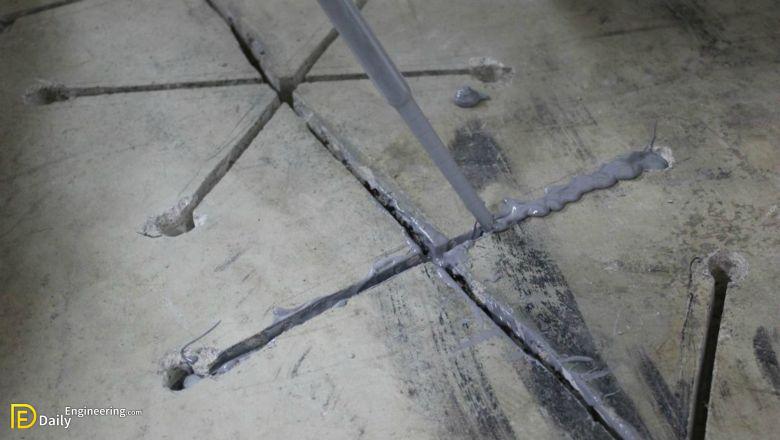
5- Watch out for epoxy backflow as that could be a result of debris blocking the epoxy flow or perhaps the crack is not continuous.
6- If there is a leak in the top, use a crayon to seal the small leaking area. This is only recommended when it is a small leaking area.
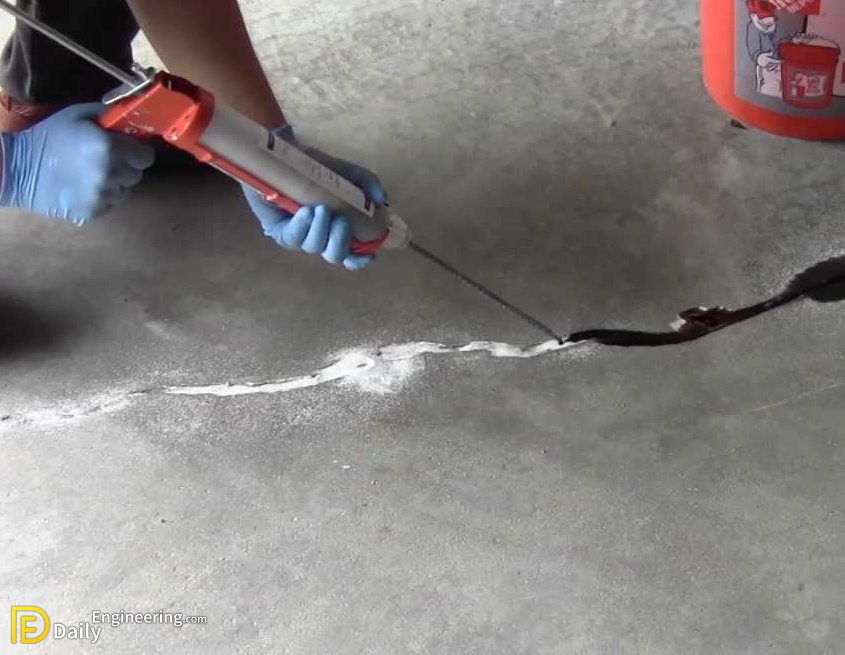
7- Maintain the ports at least for 48 hours to make sure the concrete crack is sealed.
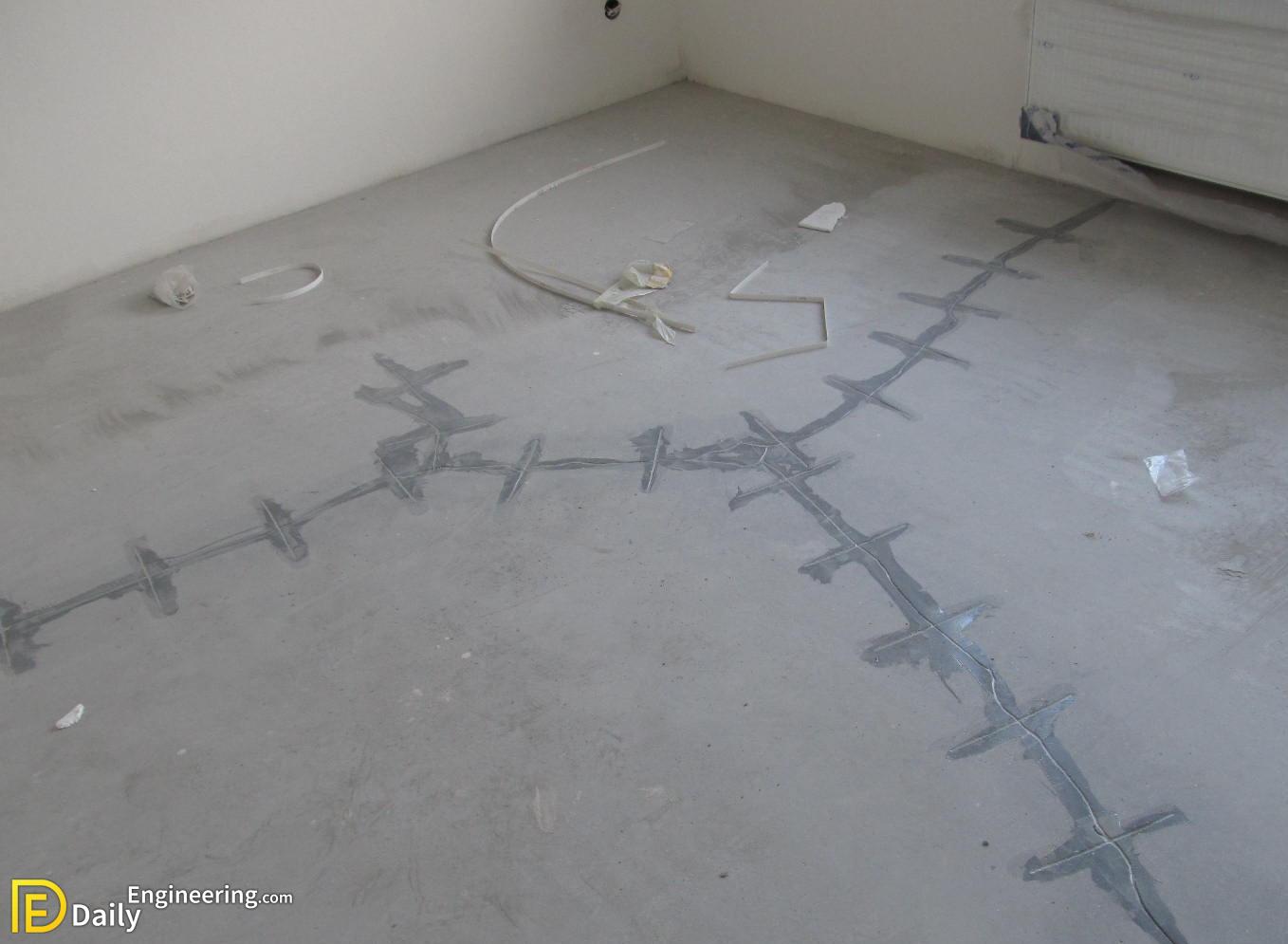
8- When the crack is too wide, the injection method might not work. Verify before proceeding that the crack is manageable and can be fixed using the crack kit.
9- On narrow cracks apply a bead of caulk on the side of the concrete crack at least 1/8″ from the edge of the crack. This creates an area that can be used to put the epoxy minimizing the waste.
For Mor Information Watch This Video



